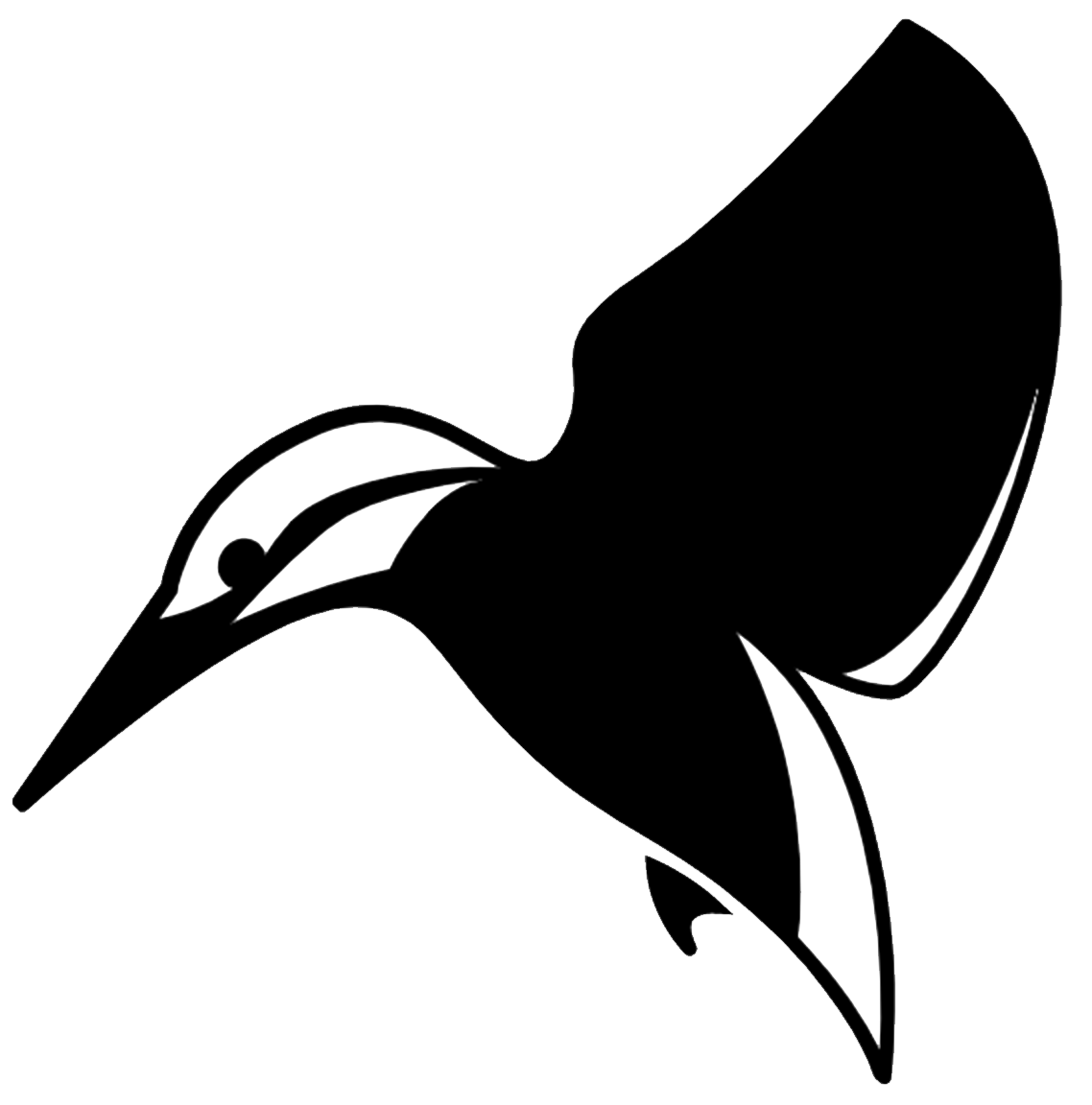—
Ecopsychology can be described as the psychology of ecology and the ecology of psychology. The way an individual relates to the unconscious is similar to the way they relate to other humans and
to the environment.
The iChing—
Hexagram 42, Increase
The I Ching workshop is one of my favorites to lead. I teach people how to intelligently use the I Ching using the yarrow stalk method of consultation. A group hexagram is generated that can be helpful for guiding an identifiable group. However, it is not necessary for an assembled group to have any coherency to be able to be able to do the workshop.
The workshop can accommodate up to 18 people with every person getting an opportunity to participate in generating the group hexagram. I then lead the group in discussing and analyzing the answer.
“Nature seemed to me full of wonders, and I wanted to steep myself in them. Every stone, every plant, every single thing seemed alive and indescribably marvelous.”
— carl jung
A Vision for Psychology
Psychology is positioned to usher in a holistic approach to the study of the human psyche, our relationship to the environment, and a truly interdisciplinary educational system. As Jung pointed out, all we know and experience comes out of the psyche and all our systems, including science, have an archetypal base. I am interested in making a Jungian contribution to the development of paradigms that can be appreciated and utilized within the academic community, paradigms that offer several perspectives on the mind/body connection, humans and nature, science and the arts. In the famous 1957 BBC interview, Jung proclaimed, “We need more psychology, the human psyche must be studied! Humans are the source of all coming evil.”



